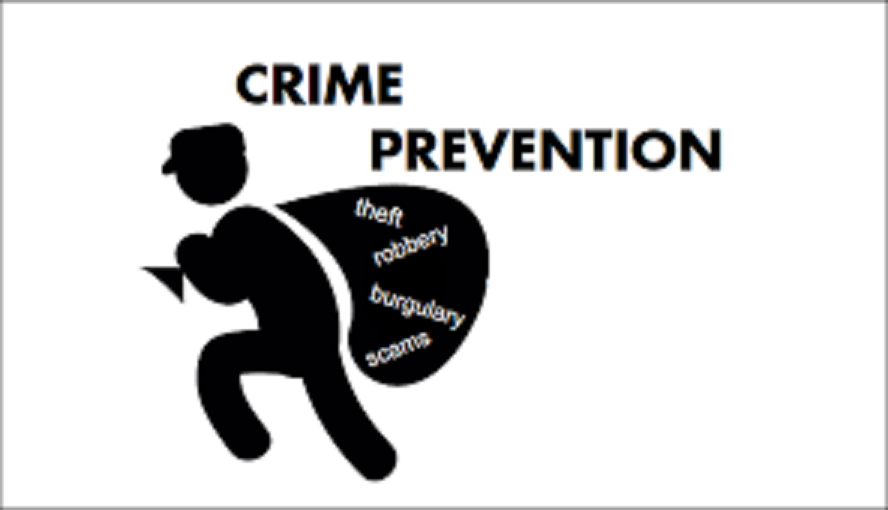In an era where securing our homes is essential, prioritizing home crime prevention is not just a practical choice but a responsibility towards our well-being.
Home is meant to be a sanctuary, a place of comfort and safety, and taking proactive steps to prevent crime reinforces this notion.
Here are key opinions on why home crime prevention should be a top priority:
1. Empowering Communities: Home crime prevention fosters a sense of empowerment within communities. When neighbors collaborate on security measures and stay vigilant, they create a collective defense against criminal activities. This shared responsibility builds stronger community bonds and promotes a safer living environment.
2. Protecting Loved Ones: The primary motivation for home crime prevention is the protection of loved ones. Implementing security measures, from installing robust locks to utilizing technology like security cameras and alarm systems, demonstrates a commitment to the safety of family members and household residents.
3. Peace of Mind: Knowing that your home is secure provides a profound sense of peace of mind. It allows occupants to focus on their daily lives without the constant worry of potential security threats. A secure home environment contributes to overall well-being and mental health.
4. Deterrence through Visibility: Visible security measures act as a powerful deterrent. A well-lit property, clear sightlines, and visible security signs send a message to potential intruders that the home is actively protected. Criminals are more likely to choose targets where they can operate discreetly.
5. Integration of Technology: Embracing technological advancements in home security enhances crime prevention capabilities. Smart home devices, such as security cameras, doorbell cameras, and smart locks, provide real-time monitoring and remote access, allowing homeowners to stay connected and respond promptly to potential threats.
6. Reducing Economic Impact: The financial and emotional toll of a home invasion or property crime can be significant. Investing in preventive measures may incur initial costs, but these expenses are often minimal compared to the potential losses resulting from theft, vandalism, or property damage.
7. Community Policing: Home crime prevention aligns with the principles of community policing. By actively participating in securing our homes, we contribute to broader efforts to maintain public safety. Law enforcement agencies can work more effectively when communities are engaged in crime prevention initiatives.
8. Adapting to Changing Threats: As criminal tactics evolve, so must our approach to home crime prevention. Staying informed about new security technologies, understanding local crime trends, and adapting preventive measures accordingly ensure that homes remain resilient against emerging threats.
9. Legal and Ethical Responsibility: Homeowners and residents have a legal and ethical responsibility to maintain a secure living environment. Taking reasonable steps to prevent crime not only protects one’s own property but also contributes to the overall safety of the neighborhood.
10. Educating and Raising Awareness: Promoting awareness about home crime prevention is crucial. Educating neighbors, sharing best practices, and participating in community programs contribute to a culture of safety. When individuals are informed, they are better equipped to implement effective preventive measures.
In conclusion, prioritizing home crime prevention is an integral aspect of responsible homeownership. It goes beyond safeguarding possessions; it is about safeguarding the sanctuary where we create memories and nurture relationships. By actively engaging in crime prevention, we not only protect our homes but also contribute to building safer, more resilient communities.
